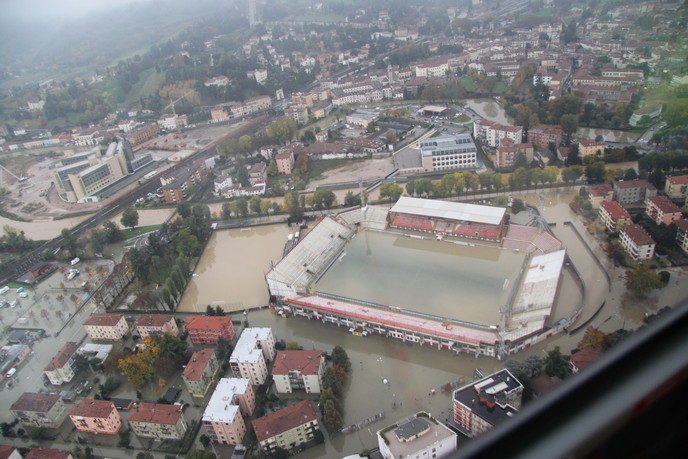Harnessing the power of biodiversity research
The LIFEWATCH e-science and observatory infrastructure for biodiversity and ecosystem research is a collaborative project of collaborative countries that allows scientist to analyse data from research stations and databases. As such, it is enabling scientists from across Europe to work in virtual labs, sharing expertise and information regardless of where they are located. In addition, LIFEWATCH connects researchers to the wider world of policymakers, entrepreneurs, students and the general public, while supporting the decision-making process at both regional and local levels. LIFEWATCH is providing access to integrated data and is helping to create a step change in our scientific knowledge in the understanding and management of the natural world. This is of crucial importance as healthy ecosystems provide humanity with free vital services, such as clean air, fresh water and fertile soil, and mitigate the worst effects of flooding. In addition, forest environments help control climate change by storing carbon, which they take from the atmosphere. LIFEWATCH will allow companies to enter new markets with such competitive services. LIFEWATCH partners collated biodiversity data at monitoring sites stretching from the Arctic to the Mediterranean and from the Atlantic Ocean to the Caspian Sea. Advanced computing and other technologies can now enable scientists to study biodiversity over space and time from the molecular level to the ecosystem level. Satellite imaging and other earth observation (EO) technologies can be employed to monitor the health of natural environments, including Europe's seas, wetlands, grasslands, mountains and forests. Large-scale data resources and advanced analytical and modelling capability available to LIFEWATCH will accelerate the development of e-science in research assisted by new analytical tools and methods. The LIFEWATCH legacy supports highly coordinated scientific research that enables scientists to gain greater insight into biodiversity. Armed with this knowledge, decision support tools will help managers to in their choices how best to manage Europe's forests, agricultural land, water resources and marine environment. Developments in these areas will benefit both EU citizens and the natural environment on which we all depend.







